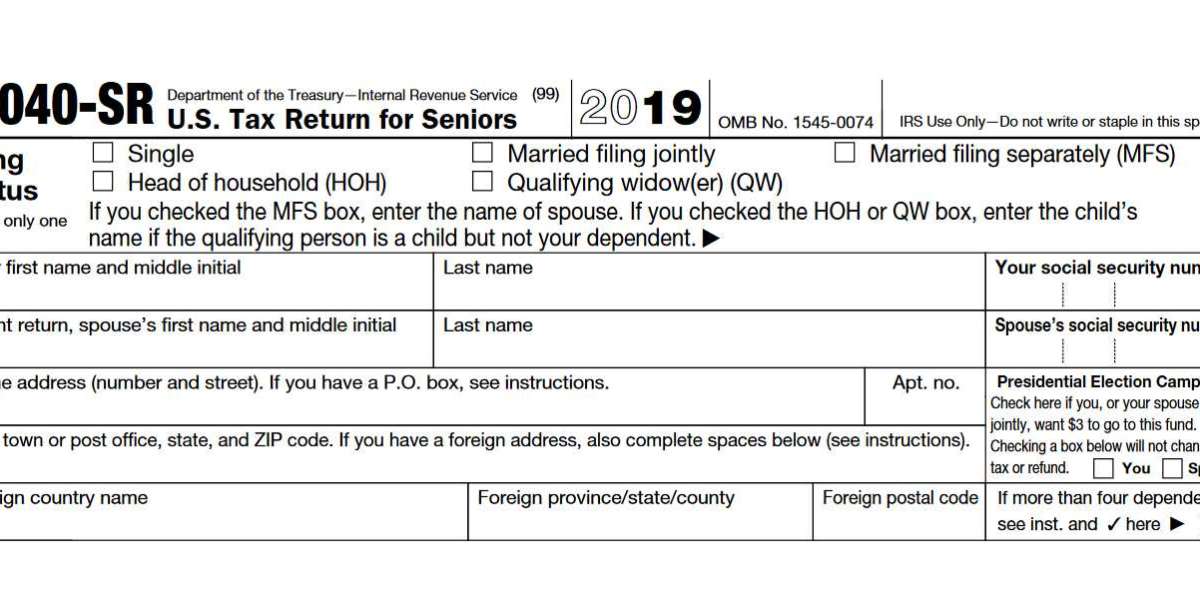The Genetic Counseling Market is experiencing notable growth as the field of genetic medicine advances and the demand for personalized healthcare solutions increases. This expansion is evident in various aspects of the market, including its size, share, and analysis.
Genetic Counseling Market Size has been steadily increasing, reflecting the rising prevalence of genetic disorders and the growing awareness of the benefits of genetic testing. As more individuals seek information on hereditary conditions and personalized treatment options, the need for genetic counseling services is expanding.
In terms of Genetic Counseling Market Share, the market is characterized by the presence of several key players, including specialized clinics, healthcare providers, and genetic testing companies. These entities are capturing significant market share by offering a range of genetic counseling services and integrating advanced genetic testing technologies. The market share is influenced by factors such as the type of services offered, geographic reach, and partnerships with healthcare institutions and research organizations.
Genetic Counseling Market Trends highlight several key developments shaping the industry. One major trend is the increasing integration of genetic counseling services with telemedicine platforms. This trend is driven by the need for more accessible and convenient counseling options, particularly for individuals in remote or underserved areas. Additionally, there is a growing emphasis on integrating genetic counseling into routine healthcare practices, with more healthcare providers recognizing its importance in personalized medicine.
Another trend is the expansion of genetic counseling services into various medical specialties, such as oncology and cardiology, where genetic testing plays a critical role in diagnosing and managing hereditary conditions. The development of new genetic technologies and the increasing availability of comprehensive genetic panels are also influencing market trends by providing more detailed and actionable genetic information.
The Genetic Counseling Market is characterized by diverse aspects, including the counseling approach, business models of key players, service channels, and service types. Counseling approaches vary from traditional in-person consultations to modern telehealth services, catering to different patient preferences and needs. Key players in the market employ various business models, ranging from specialized genetic counseling clinics to integrated services offered by hospitals and direct-to-consumer genetic testing companies. The market encompasses several service types, including prenatal, oncology, pediatric, and adult genetic counseling, addressing specific genetic concerns and conditions. Applications of genetic counseling include risk assessment, carrier testing, and personalized treatment planning. The target population segments include individuals seeking information on hereditary conditions, family planning, and personalized healthcare.
Regional Analysis of the Genetic Counseling Market shows varying growth patterns across different regions. North America holds the largest market share, driven by advanced healthcare infrastructure, high awareness of genetic disorders, and significant investments in genetic research. Europe follows closely, with strong growth attributed to increasing government support for genetic research and the adoption of personalized medicine. The Asia-Pacific region is expected to witness the fastest growth due to rising healthcare expenditures, growing awareness of genetic disorders, and expanding access to genetic counseling services.
Recent Developments in the Genetic Counseling Market include advancements in genetic testing technologies, such as next-generation sequencing (NGS), which have enhanced the accuracy and scope of genetic analyses. The integration of artificial intelligence (AI) and machine learning in genetic counseling is also emerging, offering new ways to interpret genetic data and provide personalized recommendations. Additionally, increasing collaboration between genetic counseling providers and pharmaceutical companies is driving the development of targeted therapies and personalized treatment plans.

